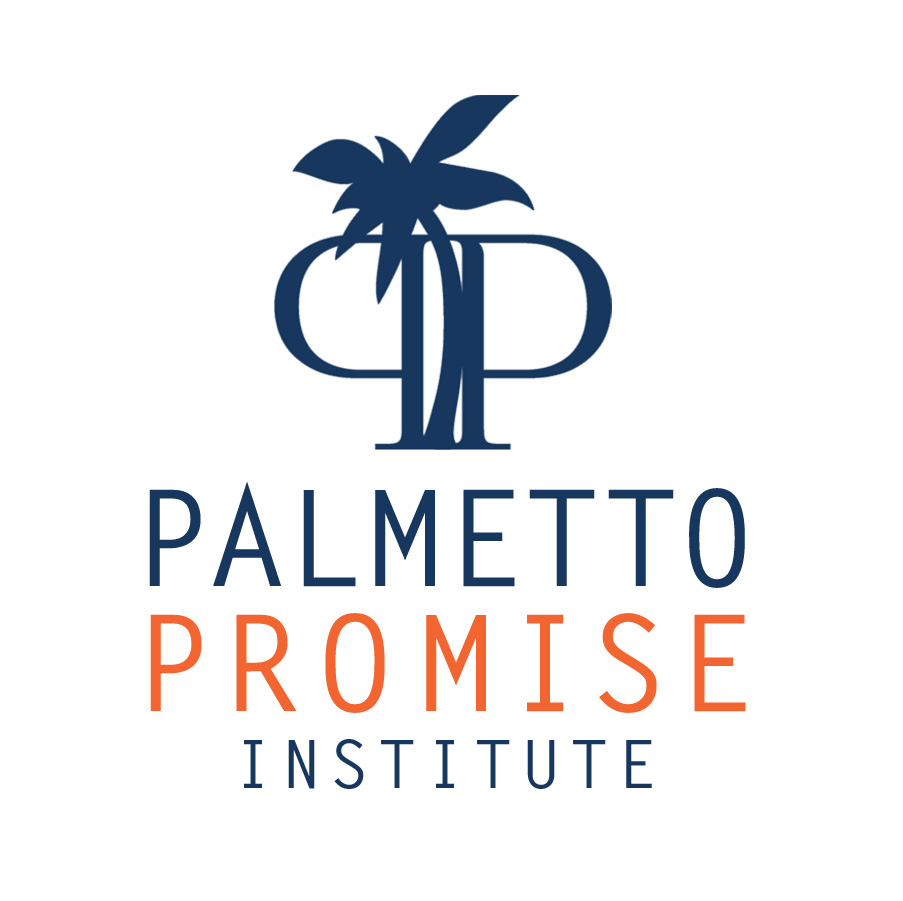Why are Florida schools moving forward and ours falling behind?

Editor
By Tara Servatius
Charleston City Paper
They pack their families like lemmings into 1,400 square-foot houses situated on postage stamps in Mt. Pleasant and tell themselves they are doing it for their kids’ education. They pay $150 a month for flood insurance on those homes to attend the highest scoring schools in the region.
Other parents choose the soul-crushing commute route. They move out to the nether regions of Dorchester County and then drive an hour each way to work through rush hour. All this to put their kids in the small handful of Dorchester Two public schools with test scores as high as those at the best public schools in Mt. Pleasant. Day in and day out they grind away, telling themselves they’re doing it for their kids’ education.
I know, because I am one of those parents.
And when these parents hear that South Carolina’s schools are at the bottom of the barrel nationally, that the state is a backwards morass when it comes to education, they think to themselves … not my child’s school.
Oh, but they are wrong. The truth is that there is no escape, or at least not much of one.
Former Sen. Jim DeMint gobsmacked Columbia with the truth last week. On the National Assessment of Educational Progress (NAEP) test, low-income Florida students outscored all South Carolina students on the fourth grade reading exam in 2011, a report by DeMint’s new Palmetto Policy Forum says. No, you didn’t read that wrong. It’s so shocking you may need to take a minute to process it before reading on.
It gets worse. The 2011 NAEP scores, the most recent available, showed only 48 percent of low-income South Carolina fourth graders were functionally literate. Compare that to 62 percent for Florida.
It wasn’t always this way. Fifteen years ago, South Carolina students outscored Florida students in most categories. In 1998, Florida’s Hispanic students read approximately one grade level behind the average South Carolina student. Today, they outscore the statewide reading averages of all students in South Carolina. In 1998, South Carolina’s black students significantly outscored black students in Florida in reading. Now, Florida’s black fourth graders read a full grade level ahead of their South Carolina peers.
Parents who’ve moved here from other states — not low-income parents, but middle-class parents — fill the lines on my radio show on WTMA 1250 AM when I talk about this. The consensus? Schools here are a year to two behind those wherever they came from.
They aren’t imagining this. Florida is now 14th in the nation in NAEP reading scores, with scores well above the national average. And that’s with a statewide school system in which 69 percent of the children are poor. South Carolina is 42nd and scores below the national average.
It’s not because South Carolina is “poor” and doesn’t spend enough money. The revenue spent per student in Florida is $9,975. In South Carolina, it’s $10,941. In Florida, that includes the capital money used to build schools. In South Carolina, it doesn’t.
Where the hell did the money go? Heck, for that amount we could send them all to some of the finest private schools in town and be done with it.
The difference in Florida is a legislature that has been willing to embrace school choice and let all children out of failing schools. And the best part? They can take the money with them. While state legislative leaders here talk a good game about school choice and school reform while quietly killing school choice legislation in committee, Florida legislators have actually been implementing it.
In her State of the State speech earlier this year, Gov. Nikki Haley spent more time talking about how much she missed her butler at the governor’s mansion, who died last year in a car crash (God rest his soul), than she did about fixing our schools. What little she did say was devoid of details, which she promised to provide later. In interviews, when I ask state legislative leaders about school reform and school choice, they quickly change the subject or talk about how someone else should do something.
While Florida has ended social promotion, South Carolina students who are practically illiterate are still promoted from grade to grade. A bill has been filed — again — at the legislature to stop that. It will probably die — again — in committee while Haley obsesses over how to use government to slim down fat kids who can’t read.
The problem is not money, says Palmetto Policy Forum President Ellen Weaver. It’s the delivery system and the lack of accountability for how we teach kids. The good news, she says, is that there are solutions if we are willing to face the truth about our schools. Now if we could just find some politicians who are willing to do that.
Tara Servatius hosts the morning show on Charleston’s WTMA 1250 AM.






